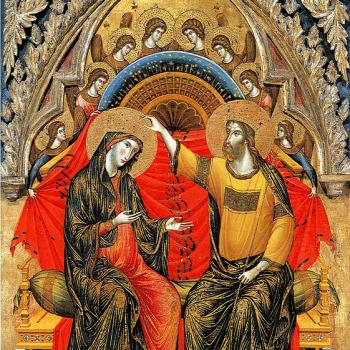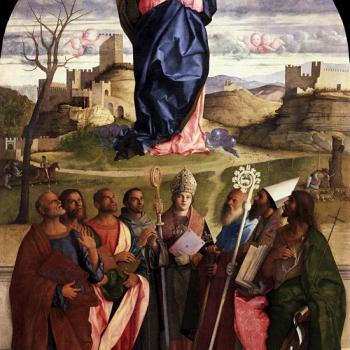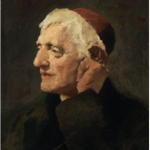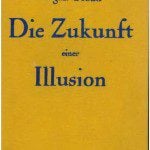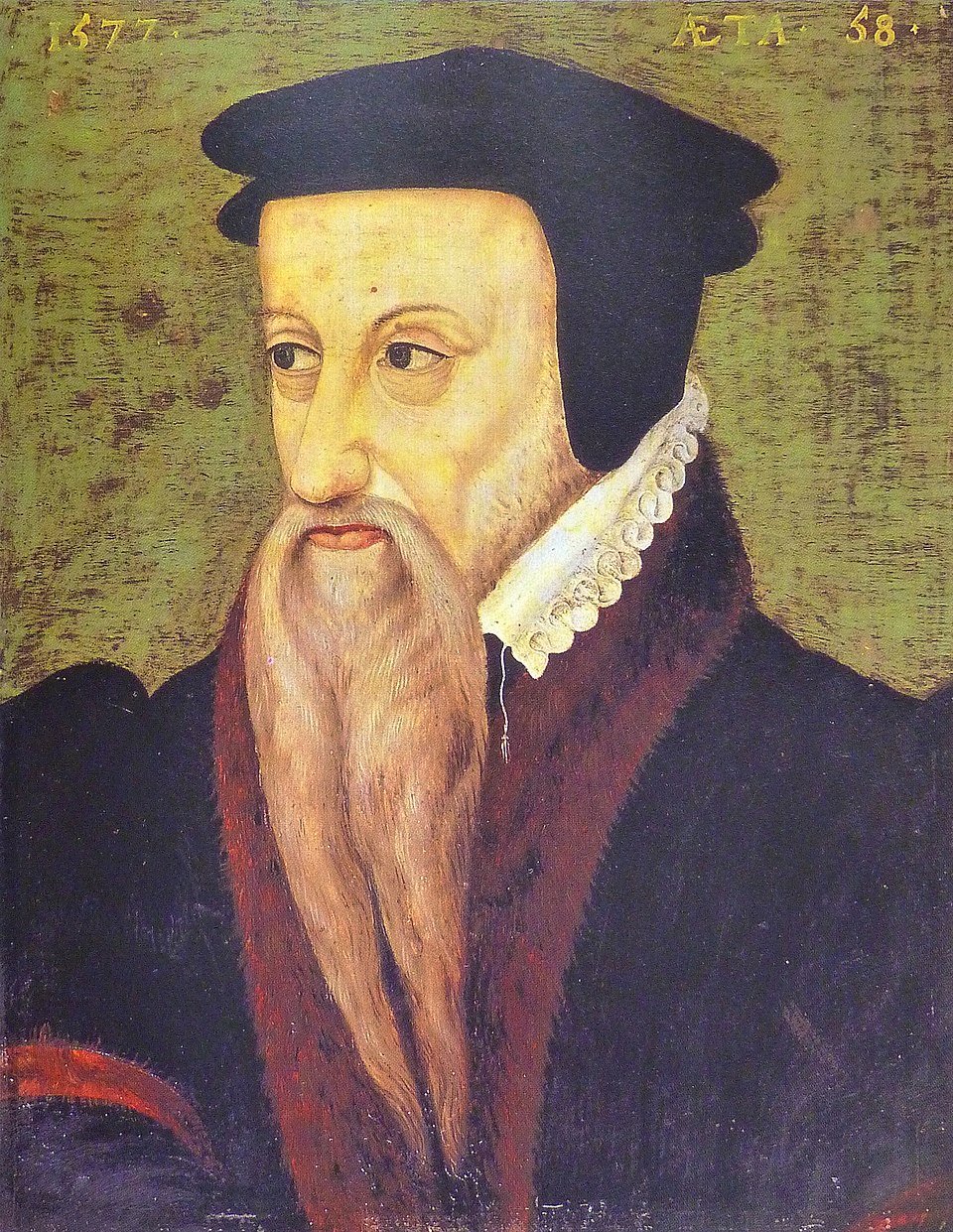
Theodore Beza (1519-1605) was a disciple of John Calvin and succeeded Calvin him as the spiritual leader of Geneva. At the Colloquy of Worms in 1557, Beza proposed a union of all Protestant Christians, but of course that didn’t happen, and never would happen.
I ran across the following information in volume one of the two-volume set, which I have in hardcover in my own library, Toleration and the Reformation (Joseph Lecler, S.J., New York: Association Press, 1960, from the 1955 French edition; translated by T. L. Westow). In September 1554 Beza wrote De haereticus a civili Magistratu puniendis [On the Punishment of Heretics by the Civil Magistrate]. Here are some excerpts from the French edition of 1560:
Shame upon that contradictory charity, that extreme cruelty, which, in order to save Lord knows how many wolves, exposes the whole flock of Jesus Christ! Rather see to it then, all you faithful magistrates . . . that you serve God well who has put the sword into your hands in order to vindicate the honour and glory of his majesty; for the sake of the salvation of the flock use that sword righteously against these monsters disguised as men. (p. 131; cited in Lecler, vol. 1, 348)
Beza was quite content, as was Calvin, to urge the civil authorities to discipline or kill those whom they considered heretics:
Tyranny is a lesser evil than such licence as allows everyone to act according to his fancy, and it is better to have a tyrant, even a cruel one, than to have no prince at all, or to have one who allows everyone to do as he likes. . . . Those who do not want a magistrate to interfere in religious affairs, and particularly to punish heretics, go against the explicit word of God . . . and bring about the ruin and utter destruction of the Church. (pp. 311-312; Lecler, 348)
He continued on later in the work:
If together with blasphemy and impiety there is also heresy, that is, if a man is possessed by an obstinate contempt of the Word of God, of ecclesiastical discipline and by a mad frenzy to infect even others, what greater, more abominable crime could one find amongst men? Surely, if one wanted to prescribe a punishment according to the greatness of the crime, it would seem impossible to find a torture big enough to fit the enormity of such a misdeed? (p. 339; Lecler, 348)
After Giovanni Valentino Gentile had been beheaded at Berne (1566), Beza published a report of a previous trial of the heretic at Geneva, in which he fully upheld the judgment of the Council of Berne. He equally approved the condemnation of Johann Sylvanus, found guilty of Arianism and beheaded at Heidelberg, 23 December 1572. (p. 349)
In 1580 a Jesuit priest, Lucas Pinelli, was able to spend a few days at Geneva without being molested; he even managed an interview with Beza and was courteously received. (p. 350)





